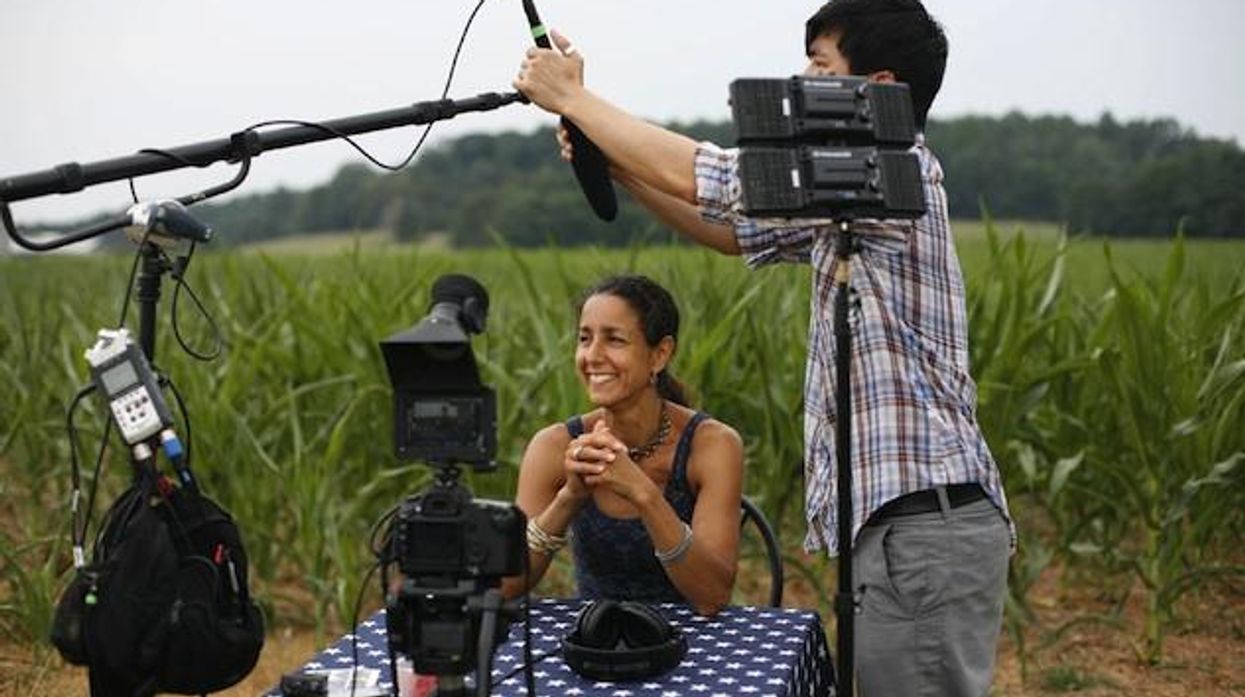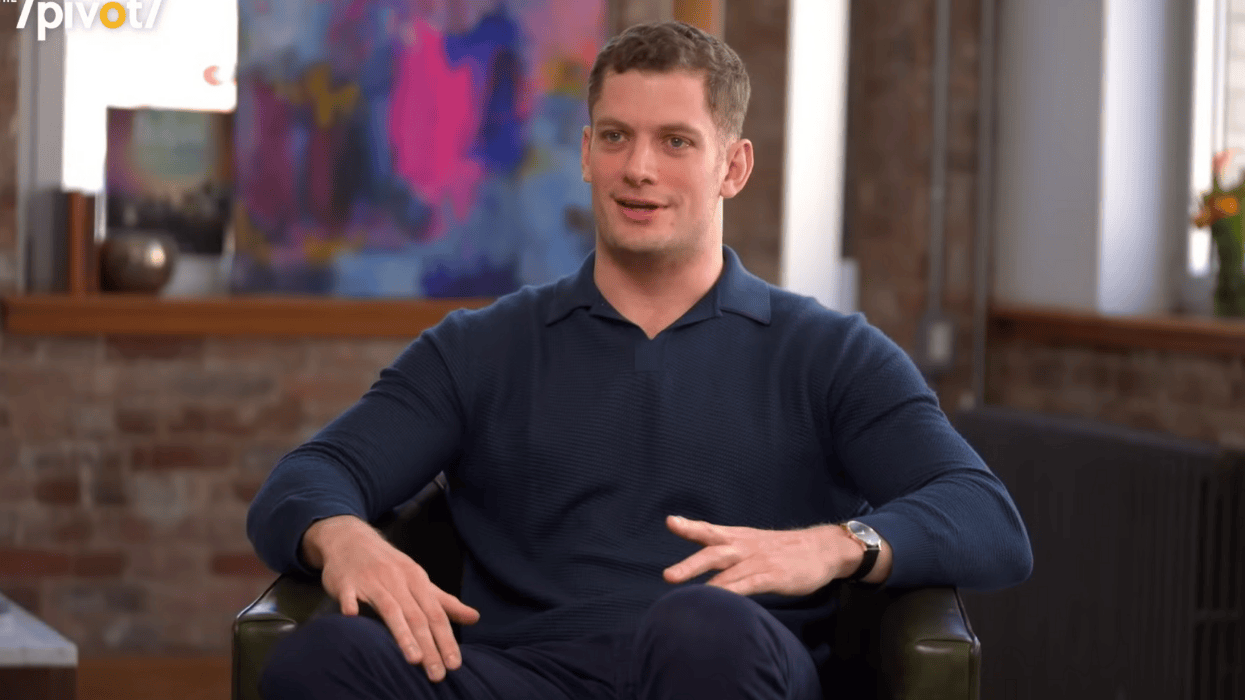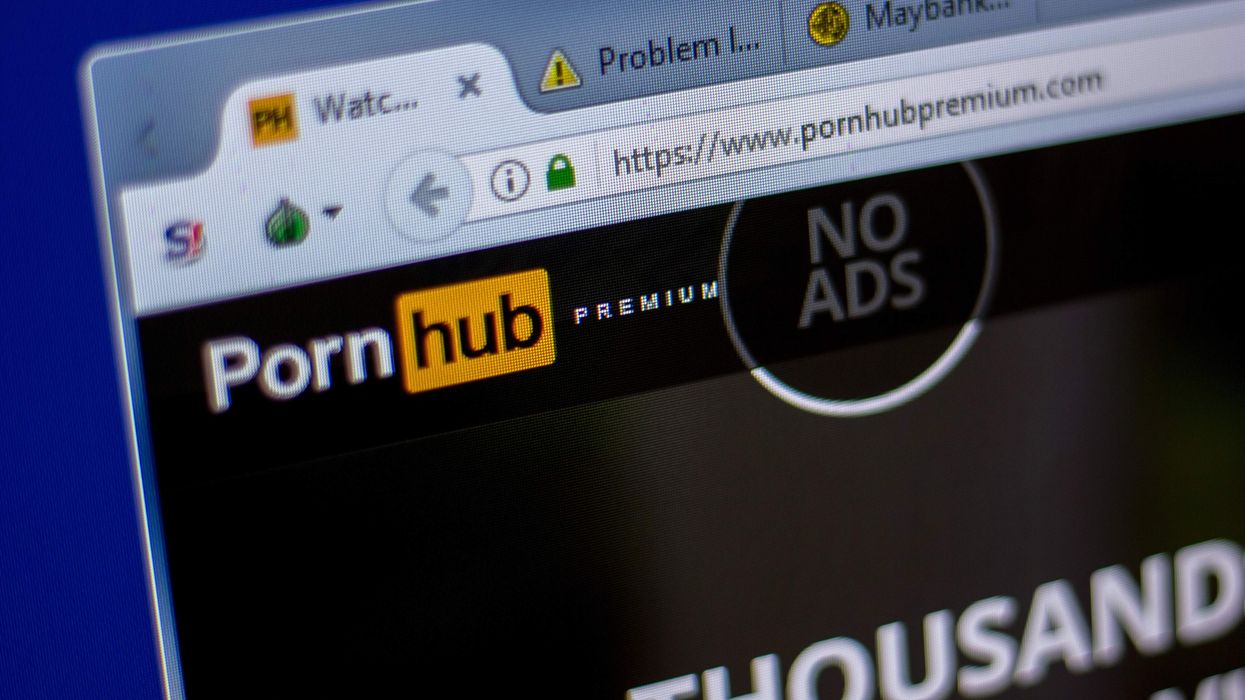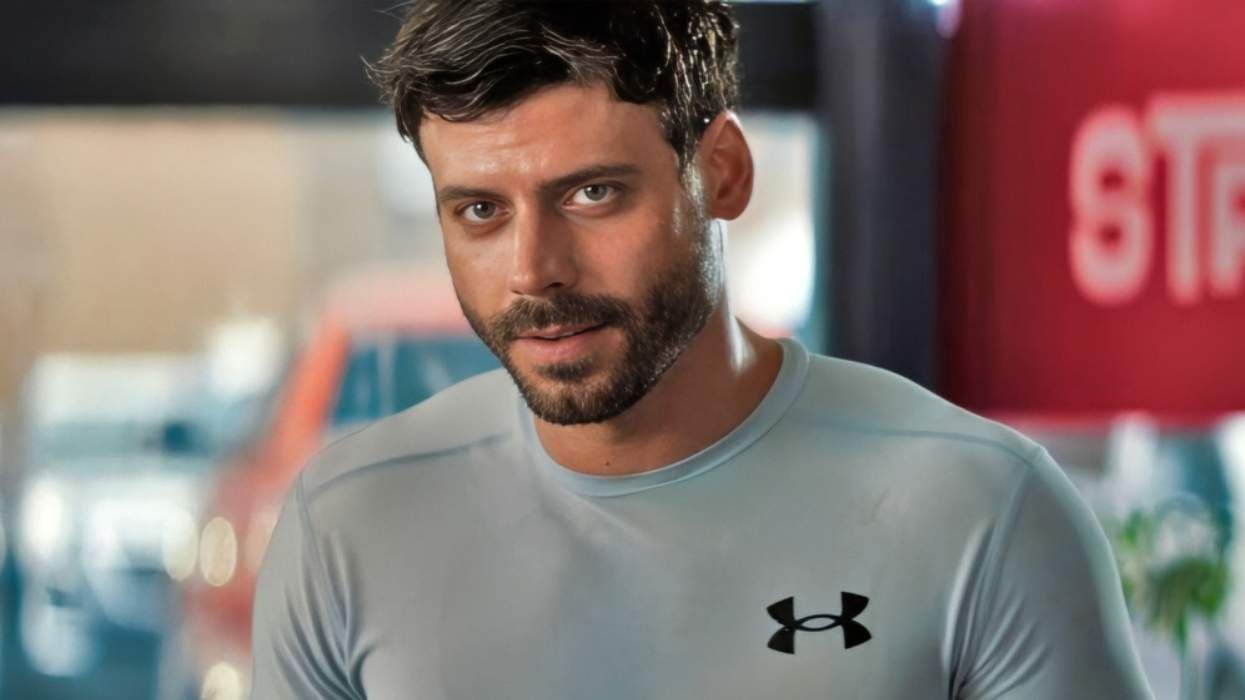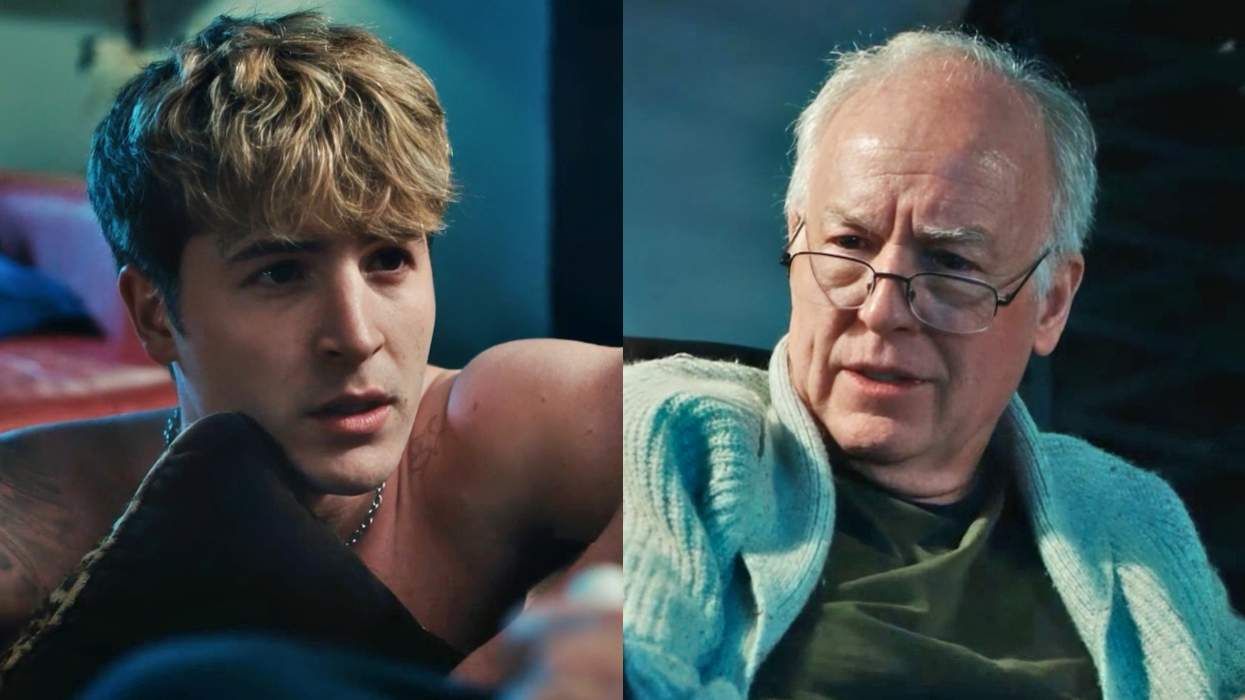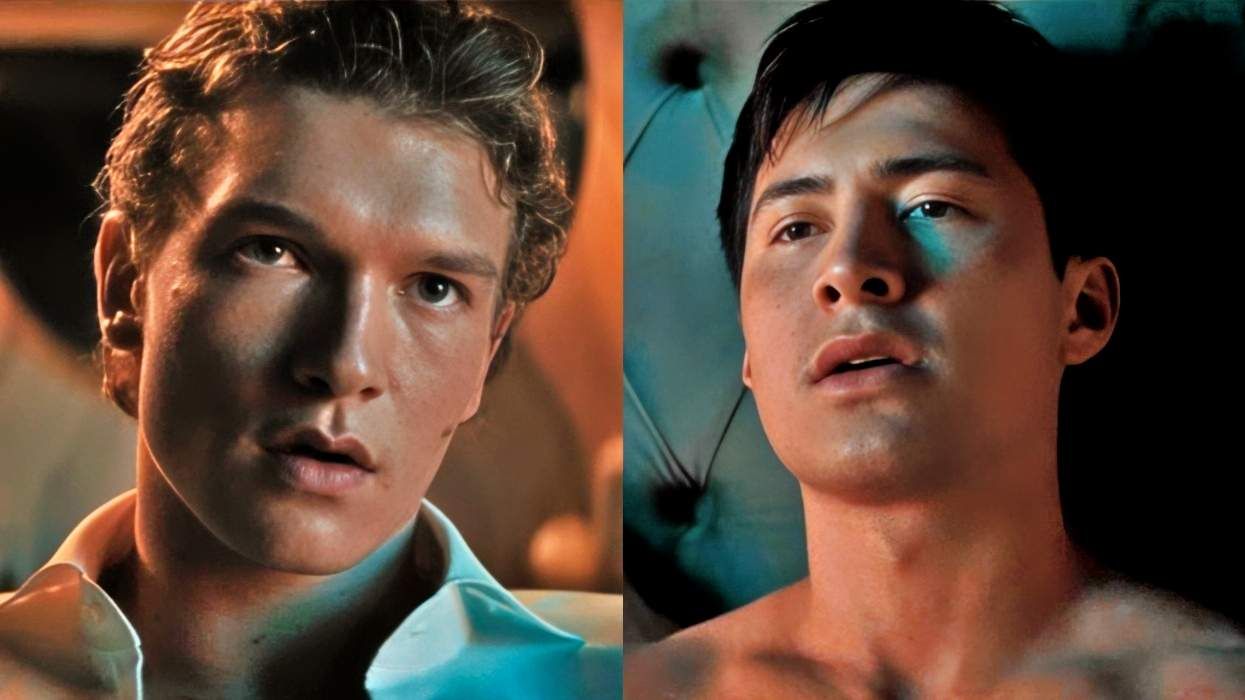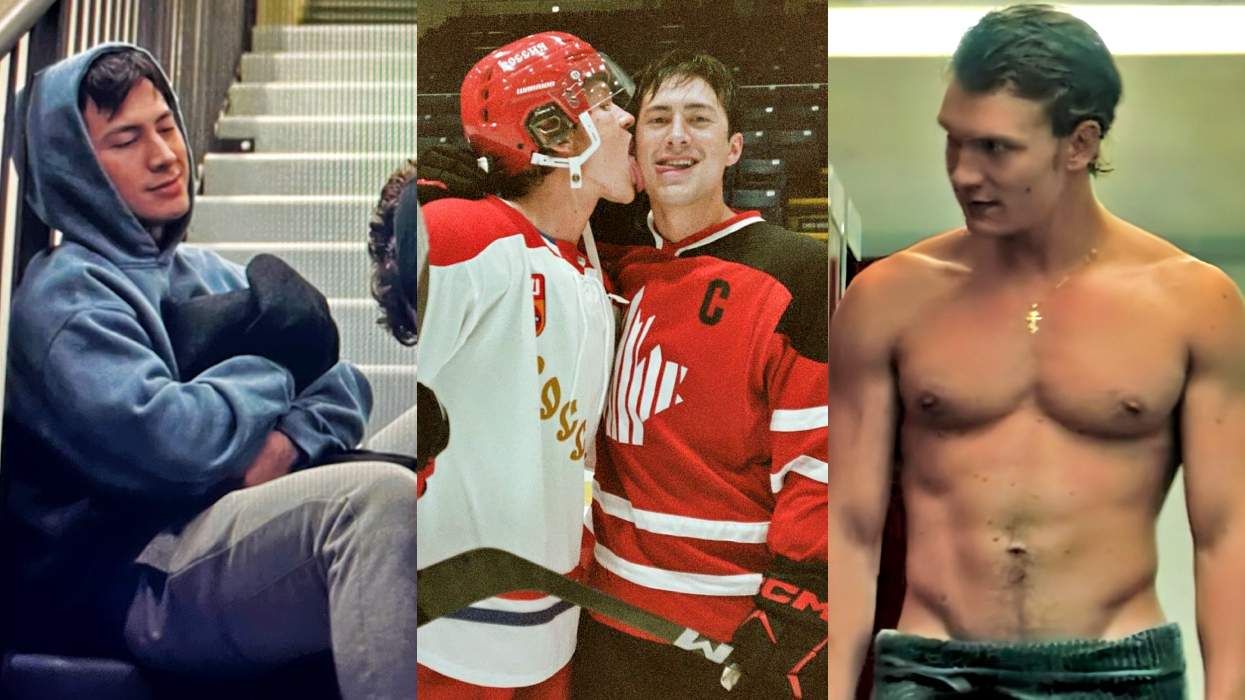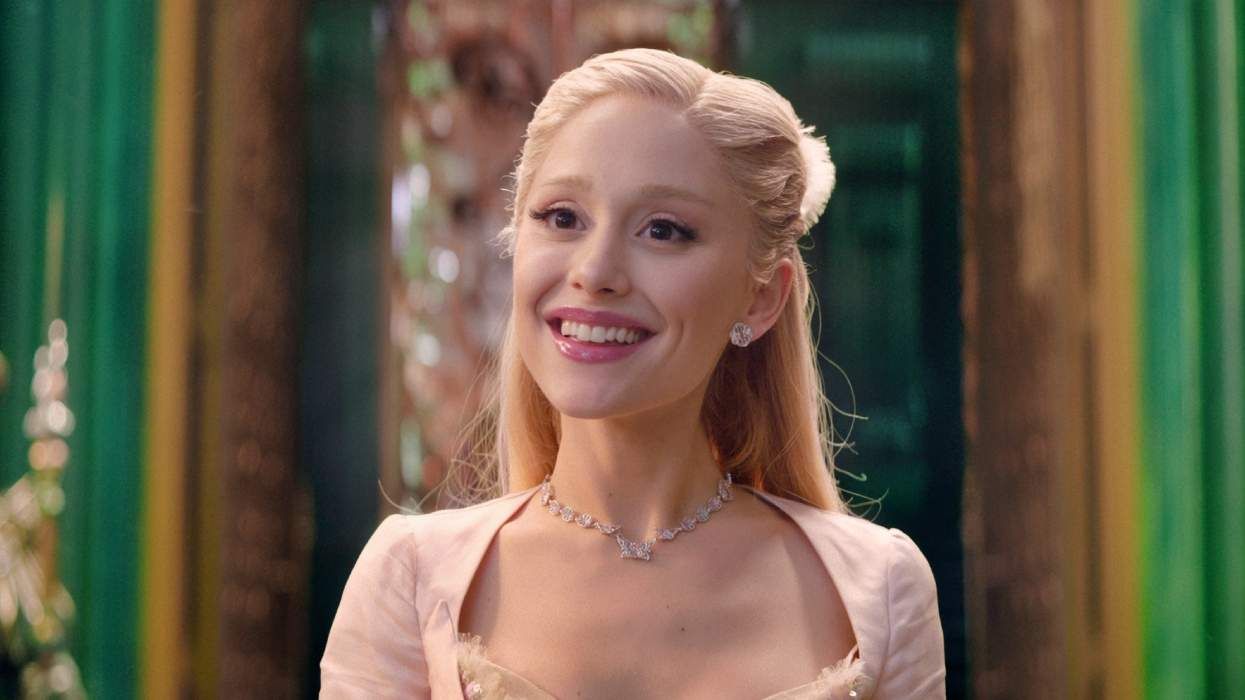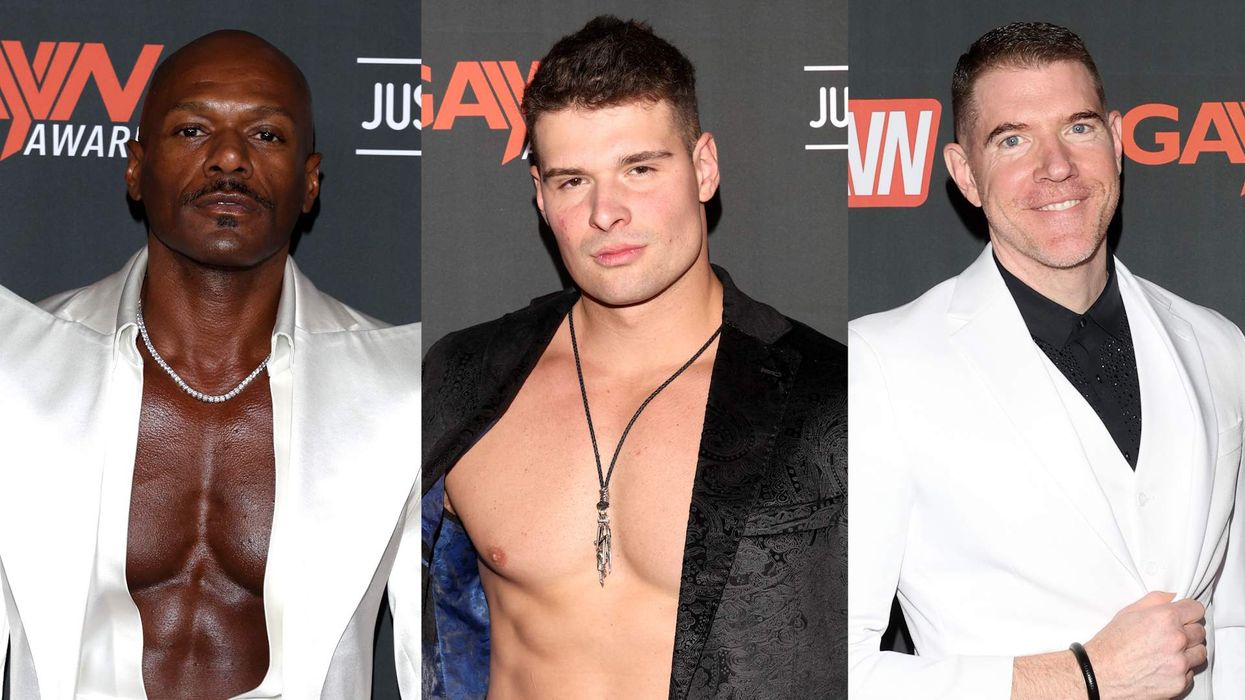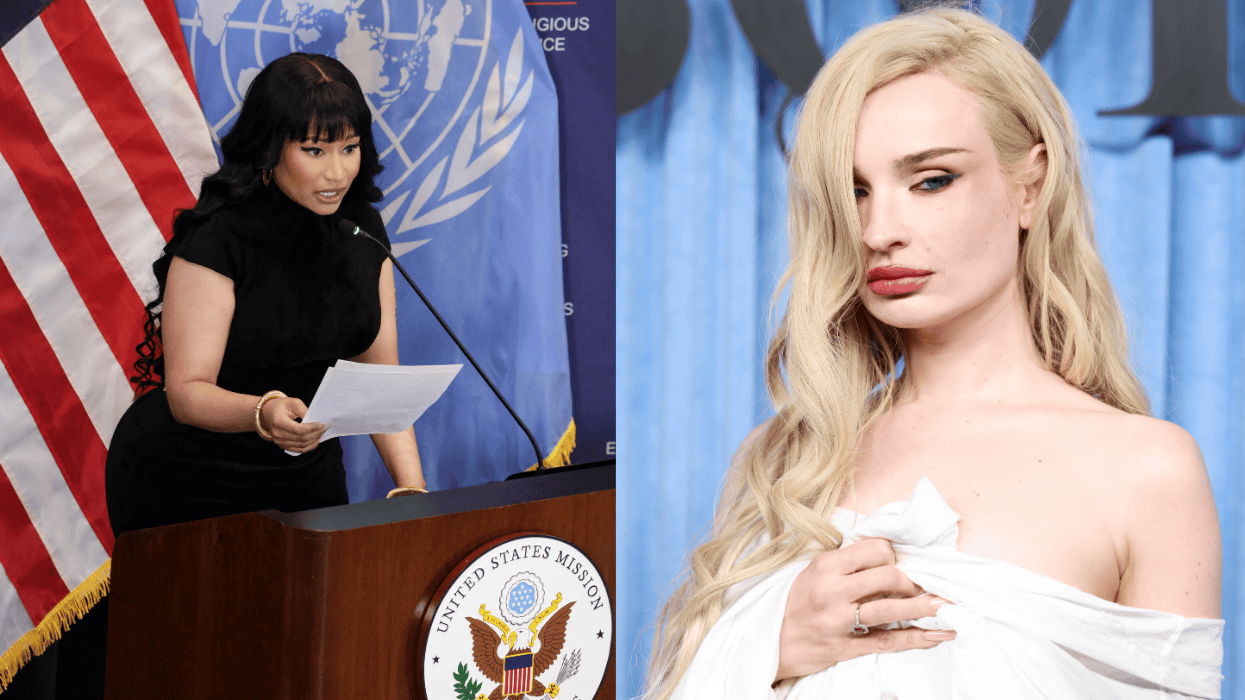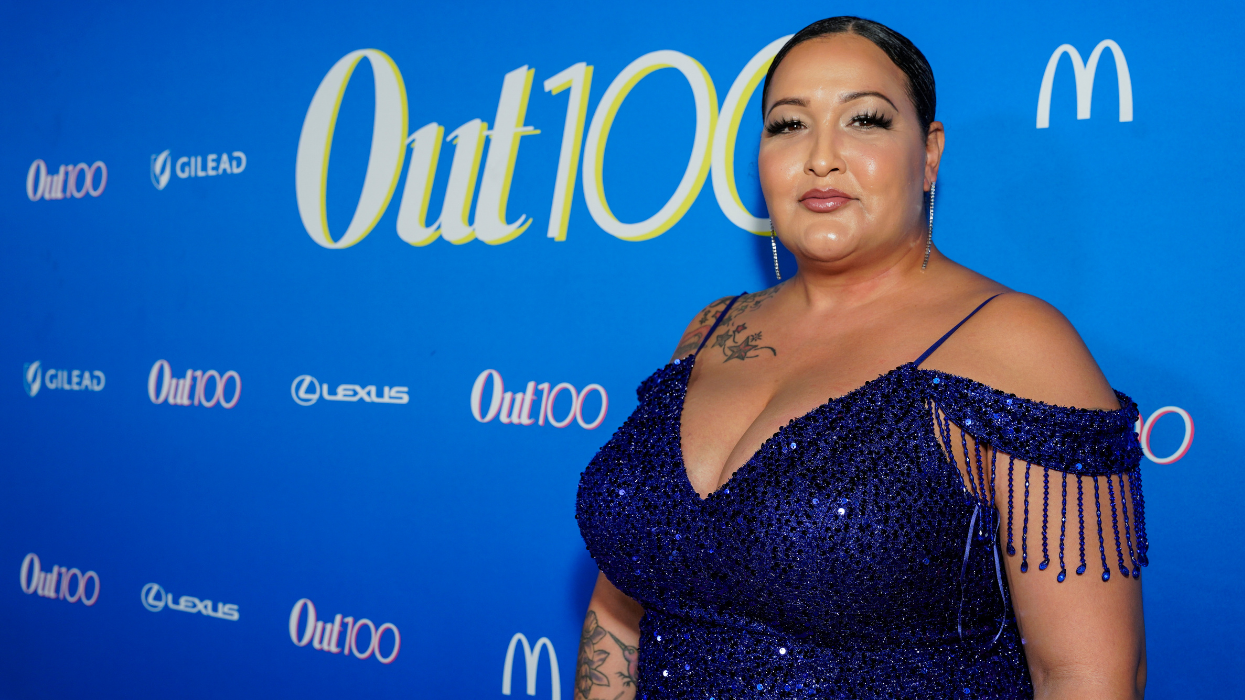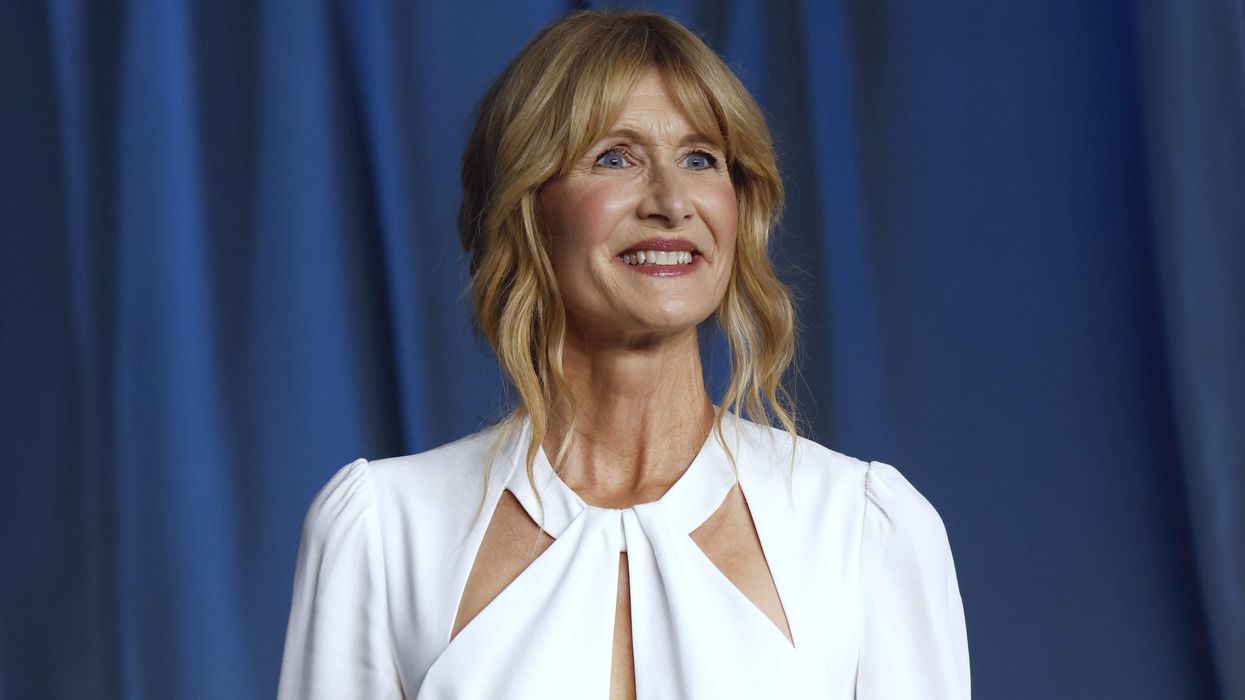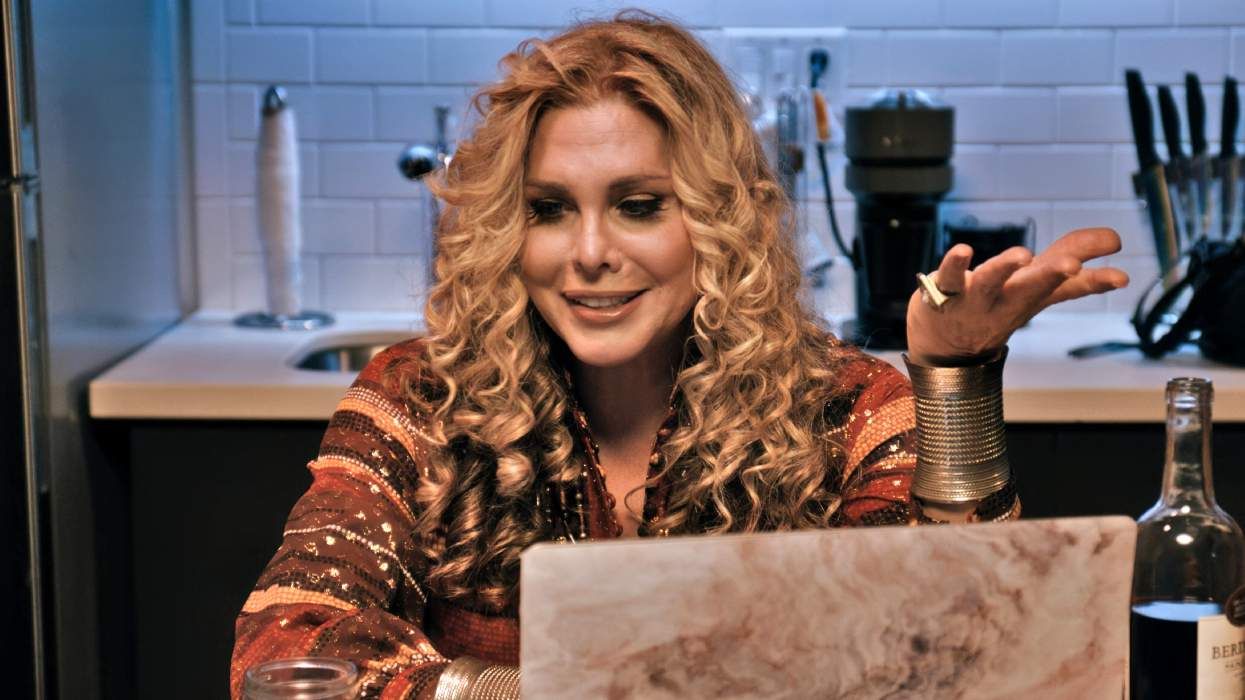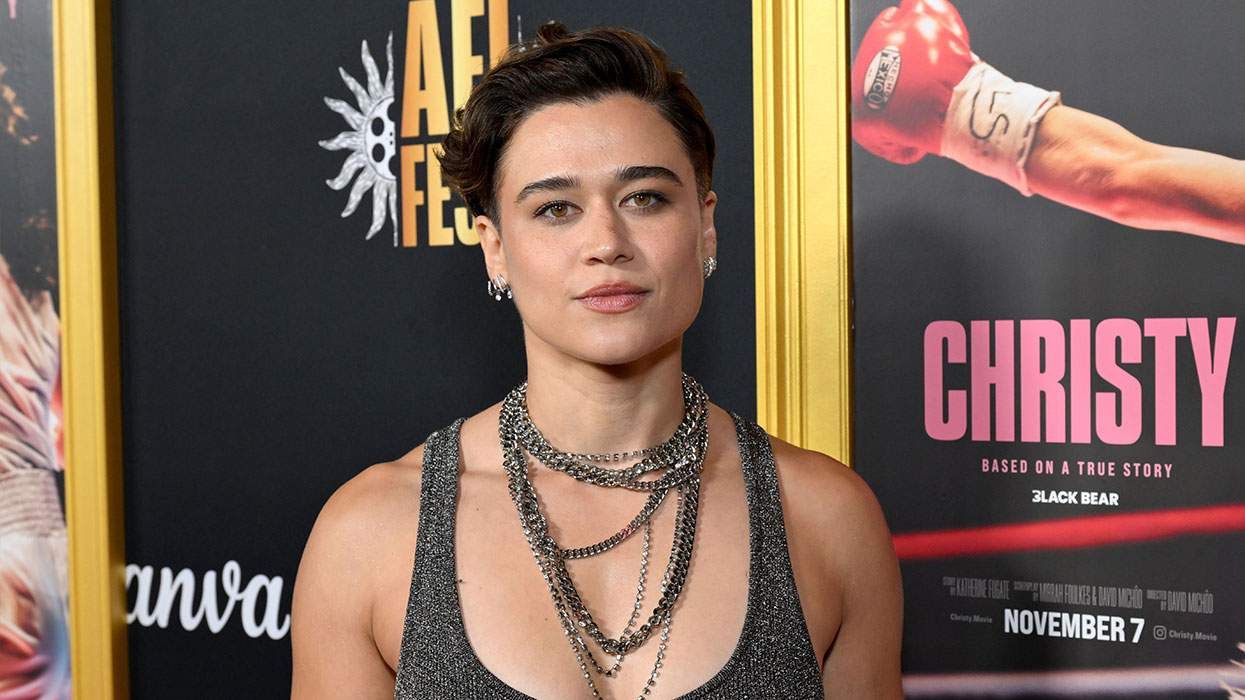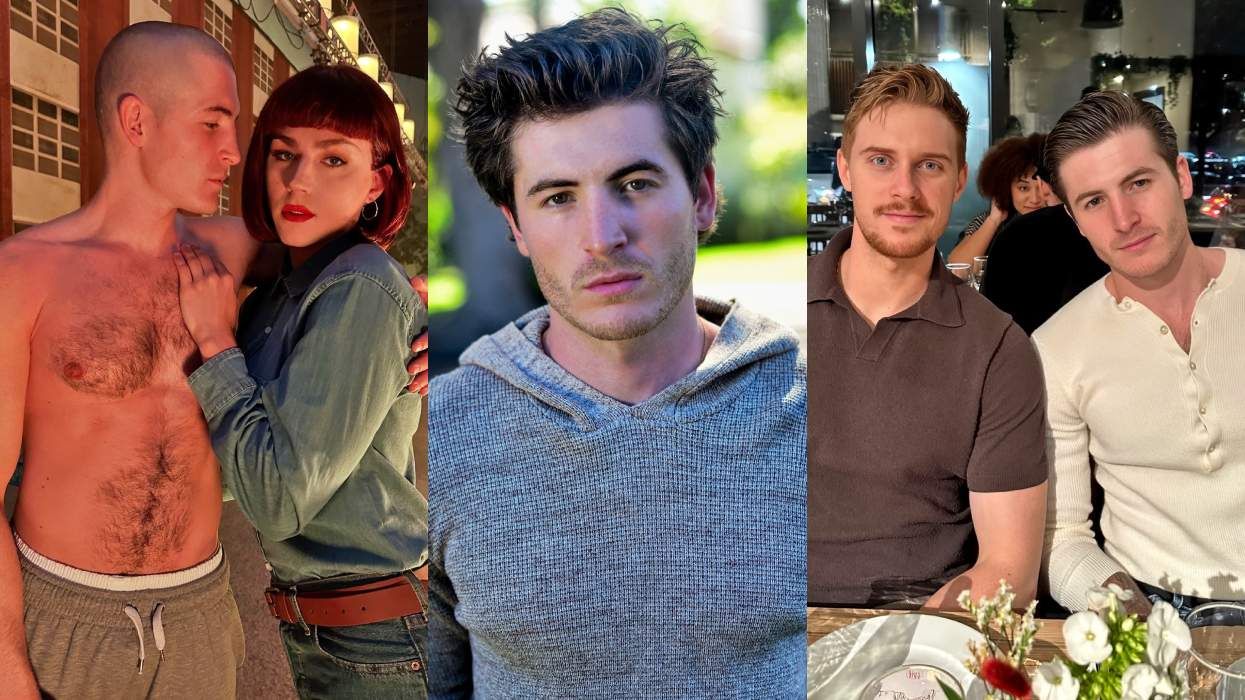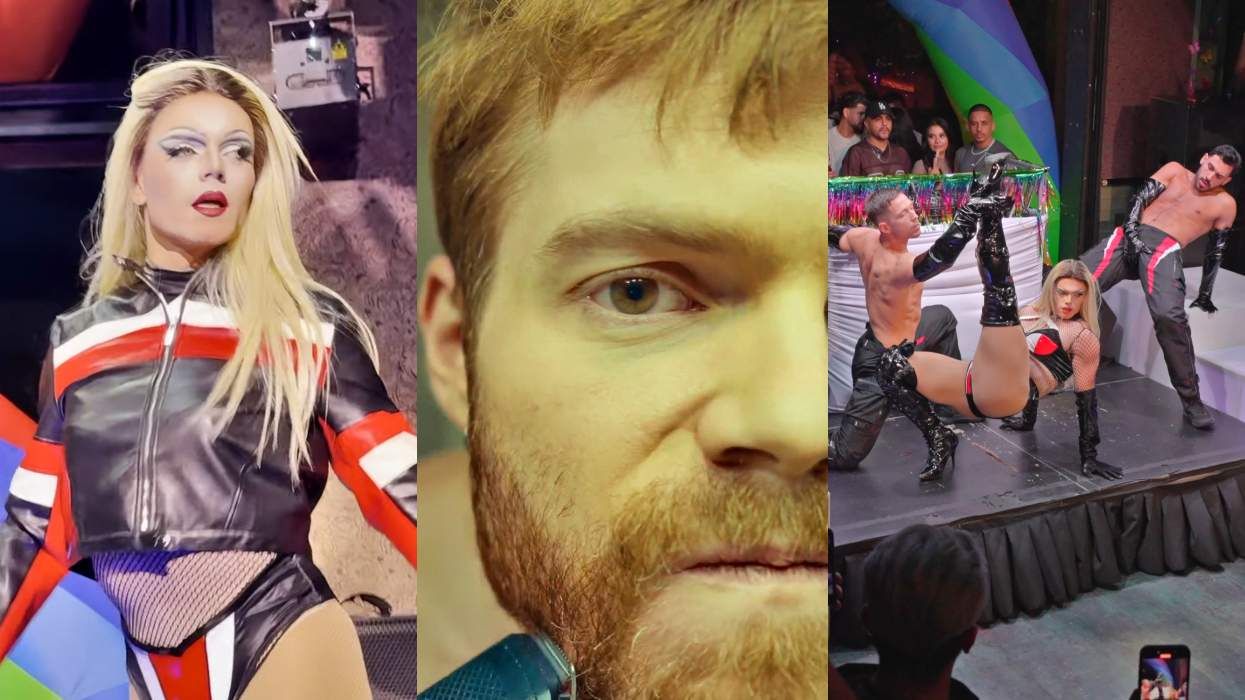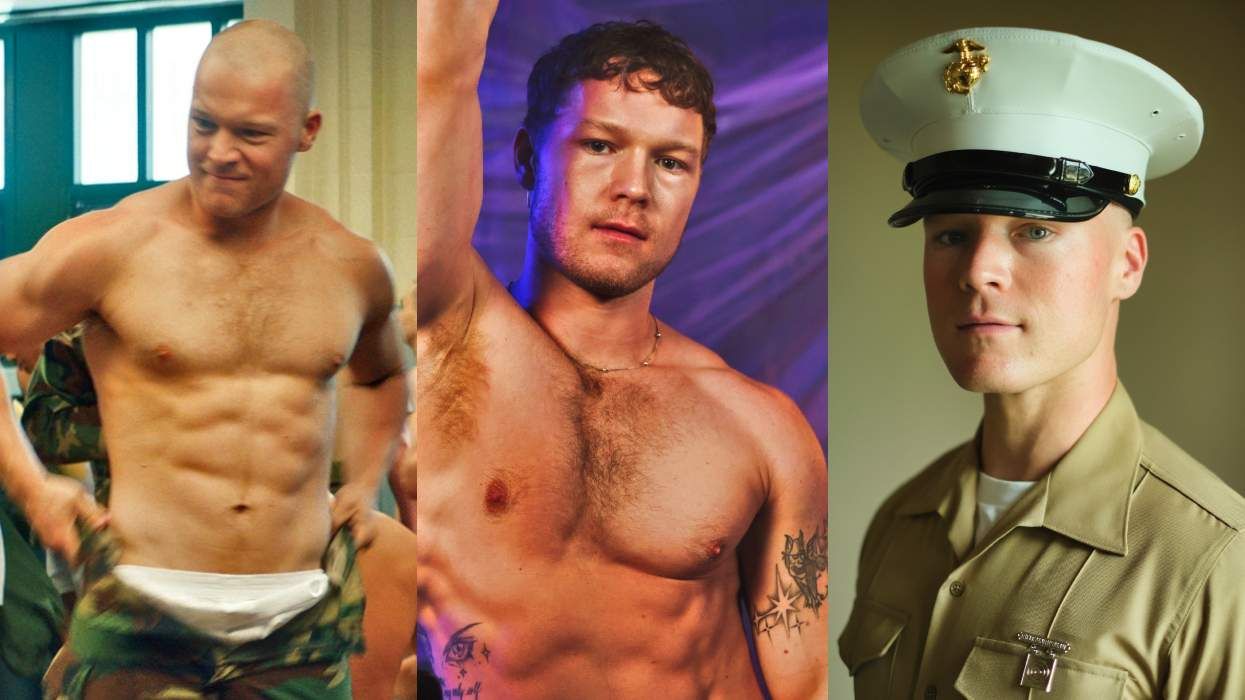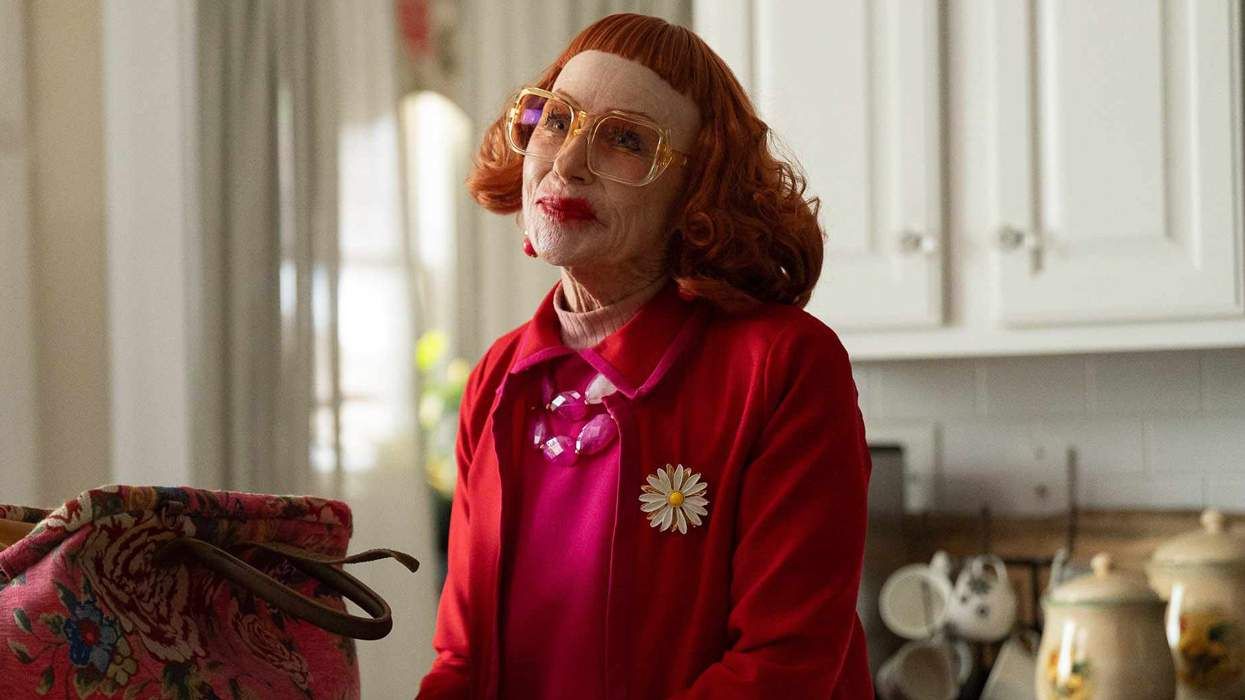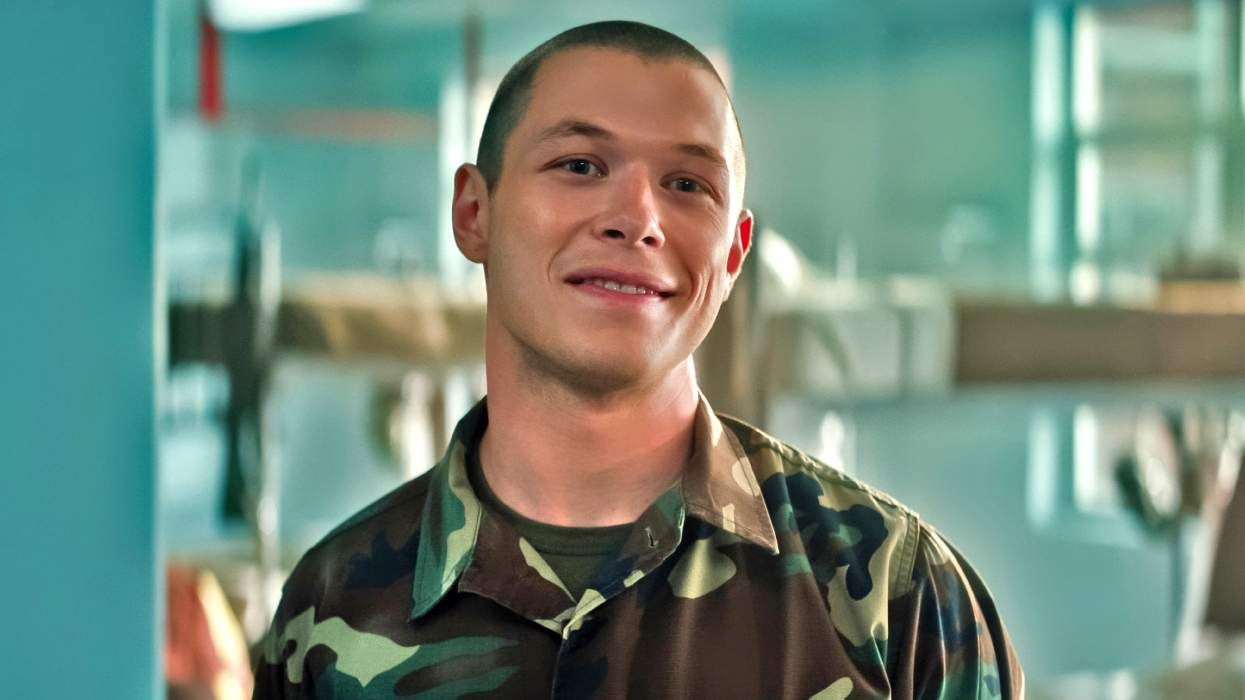It all started at her own dinner table. Some months ago, Julie Winokur, producer and co-founder of Talking Eyes Media, was approached by her 17-year-old son about her deeply-rooted partisanship. Winokur, an avid liberal, was accused of being intolerant and narrow-minded in her left-leaning prerogatives. It was in this confrontation that she realized that she was part of the problem--that "problem" being the United States' epidemic of hyper-partisanship--, and she had a mind to fix it.
For months, Winokur has been traversing the country in hopes of opening a political dialogue between our nation's citizenry. Literally bringing her table with her, Winokur has set it up to talk politics in bars, barber shops, churches, and dog parks all over the U.S. She even brought her table to both the Republican and Democratic National conventions. Her sojourn emboldens the fact that no matter one's political ideologies or religious beliefs, to understand one another is simply a matter of sitting tableside and having a robust--albeit civil--conversation. Through it all, Winokur's mindset has been broadened and her knee-jerk response to otherness has been quelled.
These politically charged table talks have birthed a successful webisode series, Bring it to the Table. The series, which has been featured heavily on MSNBC, acts as a case-and-point that, although party labels may differ, everyone has more in common than they may think. Bring it to the Table manages to take the assumed stereotypes that trickle down from Congress and disprove them with the candid opinions of real-life constituents.
Take a look at these responses when asked about marriage equality:
We had a chance to join Winokur at her table and speak with her about what drives the project and where she sees the whole thing headed.
OUT: How is it that Bring it to the Table all began?
Well, my husband and I talk a lot about politics, and we're constantly bringing it up around our kids because it's really important they learn what's going on. And, like many parents, I think we present the information through the filter of our own politics. So one day my son totally called me on it where he said, you know, "You are absolutely intolerant. If you hear somebody's opinion from the other side of the spectrum you don't even listen to it, you just assume it's a bad idea. You wouldn't even know if they had a good idea--you're not even listening." It was absolutely sobering for me because I think of myself who is very open-minded, very informed. Someone who's got a good handle on the issues and the range of perspectives around the issues. So it was really a wakeup call.
When you surround yourself with like-minded people, your opinion can be kind of radicalized because you're all kind of enhance the belief system, so you stop being able to temper your beliefs in a way that might be sensitive to the way other people feel.
And how did the acknowledgement of that divisiveness lead to Bring it to the Table?
Well then I started thinking, 'Well gosh, when we sit around the dinner table, we have these conversations where we sort of just let it all hang out.' I would give anything to be a fly on the wall at other people's dinner tables to hear what they're really saying. What are they really thinking when they're in safe company? And I just thought that it's going to be challenging to be at those other people's tables and be able to bring a film crew in because I would like to document, so maybe what I need to do is bring my table to the people and invite them to sit down and be ready to listen.
You mention how conversations at the dinner table are often no holds barred--very candid and intimate. How do you get people to speak with you that way?
I think by listening. It's really interesting: When you really listen, people like to talk. When they feel like you are truly interested and that you are respectable of what they have to say, then they feel a lot more comfortable talking about what they believe.
So, at the table, I've had about 120 interviews at this point, and they're conversations; I hate to call them interviews. And it's rare that somebody sits down and doesn't have anything they want to express, because we all have beliefs, we all have convictions, and we all have a lens through which we see the world. I'm there to receive what they have to say... but I do ask a lot of questions.
A couple questions that I asked at the table that really get people thinking was, 'What does the other side have right?' And I also ask what issue they changed their minds about. More often than not, the topic that people say to me is, 'Well, I've changed my mind about gay marriage.' That is the issue that I've had the most people say, 'You know, I used to have very strong feelings against this--it didn't feel right to me, or I wasn't raised to believe this was OK. But I'm looking at it now more as a civil rights issue. It's more about people's rights.'
Of all the issues on the table, it seems to me that is the first one that is going to be a non-issue in the political arena.
When subjects such as gay marriage or anything else that you personally have a stance on, what was that dialogue like? Would you pose your thoughts on the matter and have an open discussion with the interviewee, or was it mostly just you asking questions and trying to figure out where they're coming from?
It's mostly trying to figure out where they're coming from and trying to really ask the questions I'm curious about. There's an entirely different approach to a conversation when you're not trying to prove your point--where you're trying to understand somebody else's point.
One person at the table gave me a great quote where he said, "In America, our idea of listening is waiting for the other person to finish speaking." And it's true: that's not what listening is about. Listening is really about trying to comprehend, engage, probe, understand. So my job at the table, I feel, was to say, 'Wow, you're so adamantly opposed to gay marriage. Why? Help me to understand why. What have you seen? What have you experienced? How does it threaten you? Why?'
Do you recall any particularly difficult interviews?
The hardest ones are the people who aren't really thoughtful and aren't really engaging in an authentic way. They're spewing the same catchphrases that they're fed from various media channels. And I can tell immediately when they start because they're on a soapbox, and they want to prove something. And then I just hear all the catchphrases.
Do you believe that hyper-partisanship is a pertinent issue among voters, or is that an issue mostly within the House?
I think that many people are not being given much of an option, unfortunately. We have this two party system that is so reductionist; the media is doing an inadequate job in sticking to important issues; and I think that people are frustrated on both sides. They want to see progress. They don't want to just see stasis. At all levels--rural, urban, red state, blue state--I think we've got a lot of really thoughtful people in this country. Ultimately, the one thing we all agree on is the fact that we all want what's best for the country. We all want to see America be the greatest country it can be.
There's a lot that we agree on. So let's take the conversation and shift it so we can start from a place of consensus, and then let's see how far we can get in the consensus before we start to really have the friction of how to get the results of that consensus.
And where do you see Bring it to the Table going today?
It was never intended to be just about the election--hyper-partisanship is not going away. The divisiveness is really problematic, and it's hurting our democracy. So moving forward, we plan to launch a university tour--the hope is to take this to college campuses across the country over the course of the next year and moving forward. If we get adequate support, we would love to continue shooting and develop a long-form documentary, and we really want people to engage on the website and through Facebook because we do have the tools on the website to be able to link into your Facebook community and have conversations that are ongoing around these topics that can ratchet up really thoughtful conversation. Ideally, this is a catalyst for a bigger movement.
Can you be religious and support gay marriage? Watch below:
This interview has been edited and condensed.
To bring The Table to your community or university in 2013 contact Kimberly Soenen at kimberlyjsoenen@gmail.com.


